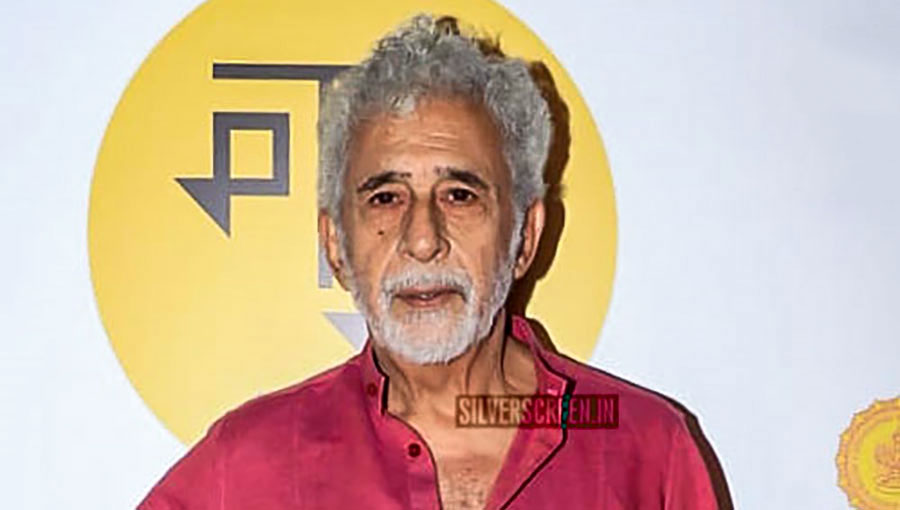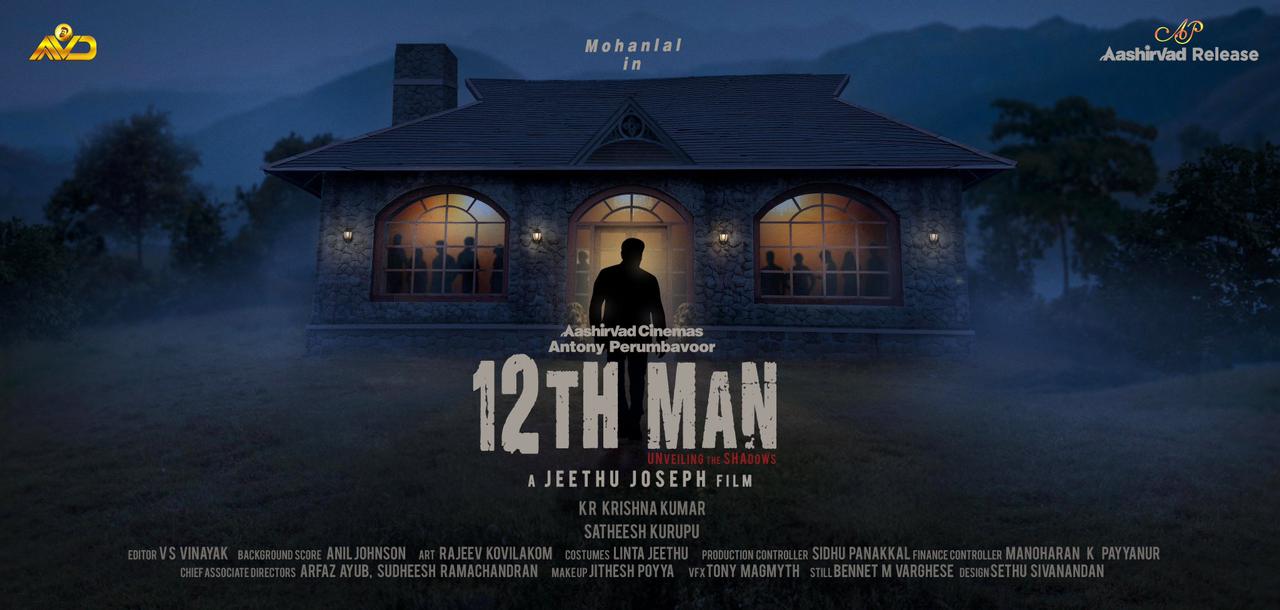Celebrities who endorse products that make unrealistic claims can now be jailed for up to five years and face a fine of Rs 50 lakh under a new draft law. The draft law hopes to make celebrities accountable for their endorsements and will be taken up by the Consumer Protection Ministry on 1 September, reports PTI News.
In the most recent case, Madhuri Dixit, Amitabh Bachchan, and Preity Zinta were served PILs for endorsing the instant noodles brand Maggi, after it was accused of being laced with MSG and lead, both toxins for the human body.
The revised Consumer Protection Bill 2015, was introduced in the Lok Sabha in August 2015. The bill, approved by the Cabinet, provides for a comprehensive framework for the protection of consumer interest and replaced the Consumer Protection Act, 1986.
A Parliamentary Standing Committee submitted its recommendations in April this year, with the Consumer Affairs Ministry accepting some key recommendations such as provisions for fixing liability on celebrities and stringent punishment for adulteration. Most of the ministers have agreed to the point that celebrities endorsing a certain product should be held responsible in case of misleading advertisements. “For the first time offence, a fine of Rs 10 lakh and jail term of up to two years, while for second and subsequent offenses, a fine of Rs 50 lakh and imprisonment of five years has been proposed for brand ambassadors,” a source told PTI.
According to the new Bill, the onus would now be on celebrity brand ambassadors to prove their innocence. “It is a defence if it is proved that the endorser took all reasonable precautions and exercised all due diligence before endorsing a product or service, but mistaken belief shall not be a defence,” states the Law Ministry draft of the new law.
Section 75A makes a manufacturer and service provider also legally responsible for any false and misleading advertisements, and prescribes penalties in the same manner in which celebrity brand ambassadors have been made liable.
The proposed amendments also lay down a mechanism to prosecute celebrities, stating a court shall take cognizance of offences regarding false and misleading advertisements only after a complaint is made by the Central Consumer Protection Authority (CCPA), a new executive agency that shall be established to fill “an institutional void in the regulatory regime extant”. This agency would have the authority to settle the first offence by celebrities on payment of a compounding fee, but the brand ambassador shall be exonerated only if the trial court accepts the settlement.
Recommended
According to an Indian Express report from May, the domestic celebrity endorsement market is worth around Rs 5,000-7,500 crore and is growing at a fast pace. But, bearing in mind the products they endorse, Anirban Das Blah, managing director of talent management agency Kwan that handles brand endorsements for top Bollywood stars like Deepika Padukone and Ranbir Kapoor, believes that it isn’t possible for celebrities to whet the quality of a product based on their expertise. “No celebrity has the means to verify what the brand is saying, and they don’t run testing labs. What they have is a legally binding document. Almost every endorsement has a contract which warrants that it is making no false representation of any sort in its advertising,” he said.
A group of ministers, headed by Finance Minister Arun Jaitley, is scheduled to meet tomorrow to discuss the changes proposed by the Consumer Affairs Ministry in the draft law before placing it for the Cabinet approval.



